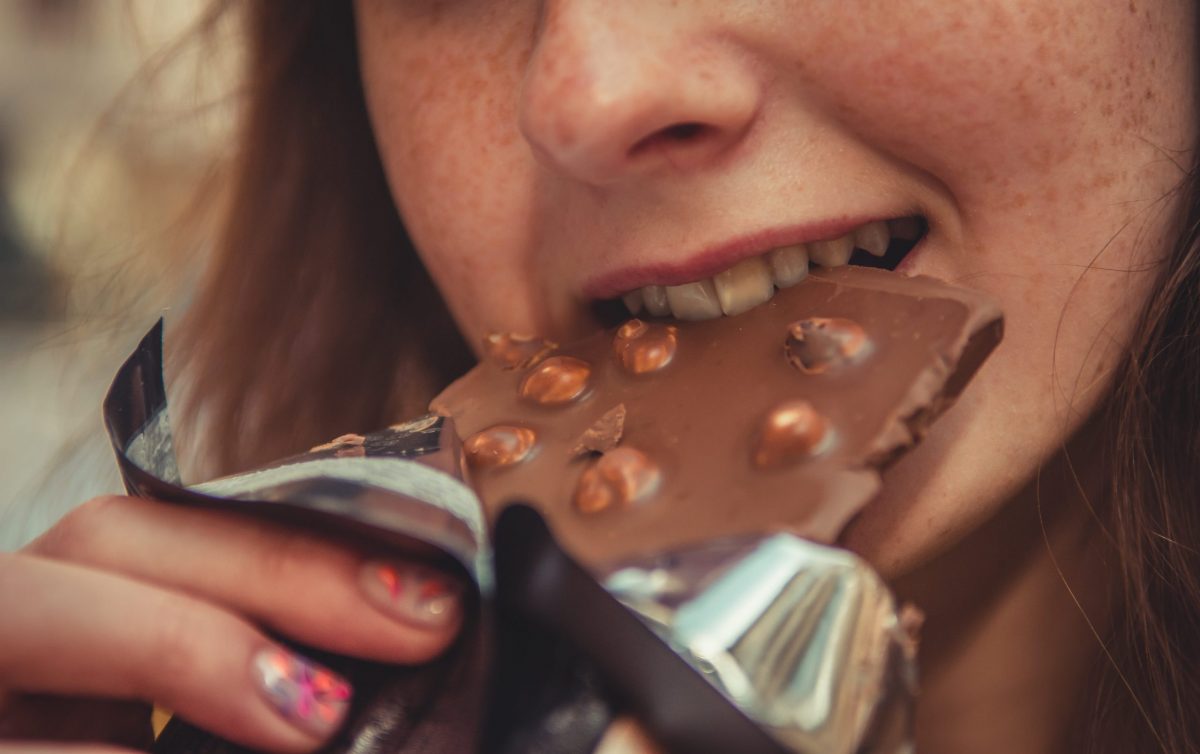Compulsive Eating is characterised as an “addiction” to food. The individual uses food and abnormal eating behaviours as a means to manage or attempt to control emotions driven by daily stressors.
It is characterised by episodes of consuming vast amounts of food while being powerless to stop. Many compulsive overeaters will continue eating long after they’re full and won’t register what they’re eating.
Research has suggested that certain foods, particularly those containing sugar, cause changes in the brain chemistry that are similar to those seen in drug addicts.
What are the signs of Compulsive Eating?
- Binge eating behaviours such as eating uncontrollably when not experiencing hunger and eating until uncomfortably full.
- Eating in isolation is common due to the shame and guilt an individual can experience as result of the behaviour.
- A history of weight fluctuations due to cycles of radical dieting.
- Preoccupation with their weight trend.
- Holding on to the belief that life will improve if they could only lose weight.
- Repeatedly share self-defeating statements after eating or about their weight.
